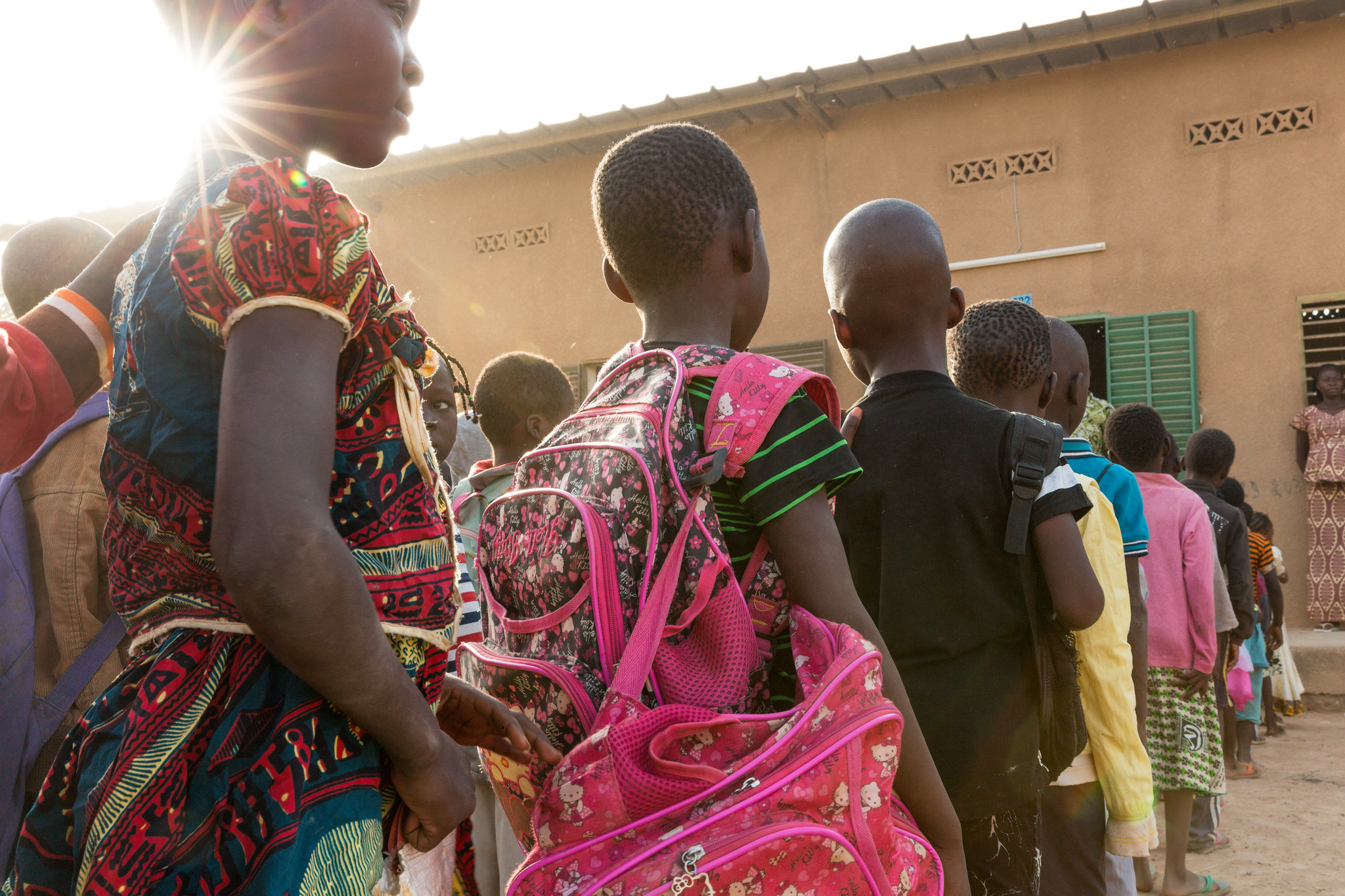
In the context of its extension until 2027, the Global Partnership for Education (GPE) Knowledge and Innovation Exchange (KIX), a joint endeavour with Canada’s International Development Research Centre (IDRC), is offering costed extensions to a selection of current applied research projects. Following a competitive process, the project A comparative study of accelerated education programs and girls’ focused education models in Ghana, Nigeria, and Sierra Leone is one of those selected.
Background
West Africa has seen a substantial increase in its rates of out-of-school children (OOSC), especially in areas of rural deprivation and extreme poverty. In Ghana, Nigeria, and Sierra Leone, the proportion of OOSC in these areas is anywhere between 25-35% of the school-age population, and in conflict-struck regions, the proportion rises to 35-40%, with the majority often being girls.
This project positions Accelerated Education Programs (AEPs) and Girl Focused Models (GFMs) as effective, evidence-based programs to address the OOSC crisis. Findings show that AEPs improve verbal, reading and basic mathematic skills among participants and are easily adaptable. When paired with GFMs, AEPs promote inclusivity, ensuring that attention is paid to girls and their specific needs. This project builds on the global evidence base for AEPs/GFMs and stimulates its integration into national education policy and planning processes.
Results to date
The project has generated rigorous evidence on the value of AEPs, based on in-depth country mapping, cost-effectiveness studies, comprehensive analysis of existing data, and various effectiveness studies. In Ghana, the project is assisting the Ministry of Education (MoE) to build a national evidence base and is actively supporting policy decision-making. Ghana’s Reform Secretariat has been drawing from the project’s research findings to design more effective strategies to address challenges in their rural schools. In Sierra Leone, the project played a key role in advising the MoE to dedicate financing from Qatar and the World Bank to scale AEPs across the country.
Upcoming Plans
Building on this momentum, the project extension will deepen the evidence base for the use of AEPs/GFMs, providing local governments with clear tools for how to design and invest in these programs. Based on the evidence collected so far and the requests received from local education stakeholders, there will be a specific focus on supporting women’s entry and re-entry into formal education and the workforce. In addition, this next phase will include an econometric study to detail the cost of the OOSC crisis across West Africa, providing a basis that decision-makers can use in their sectoral prioritisation and planning. As part of the research scaling process, this phase will engage local government authorities and education innovators to develop options for demand-driven scaling. These upcoming research findings will all be shared across new and existing knowledge dissemination and sharing platforms for widespread impact.
Further details on the project and updates can be found here.
